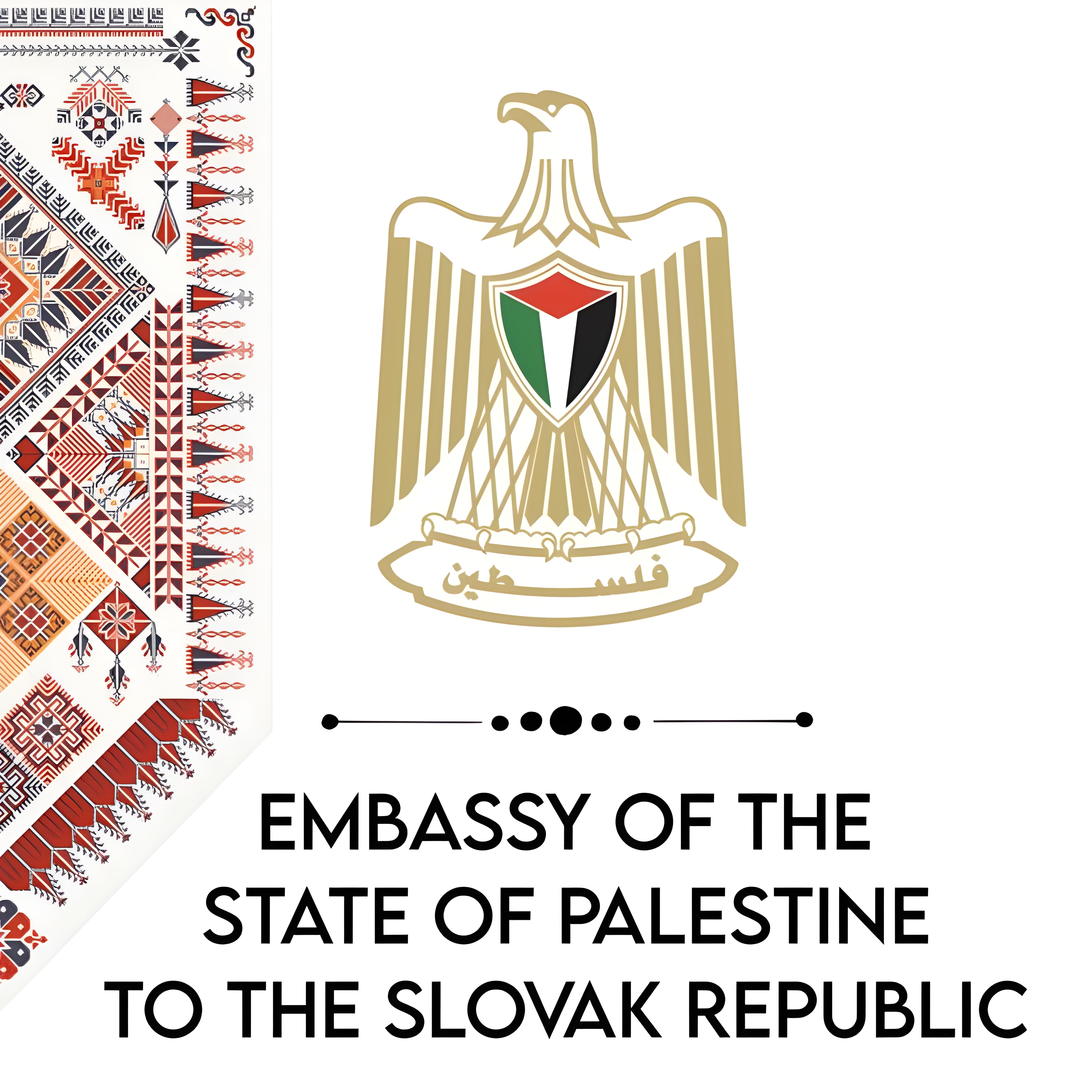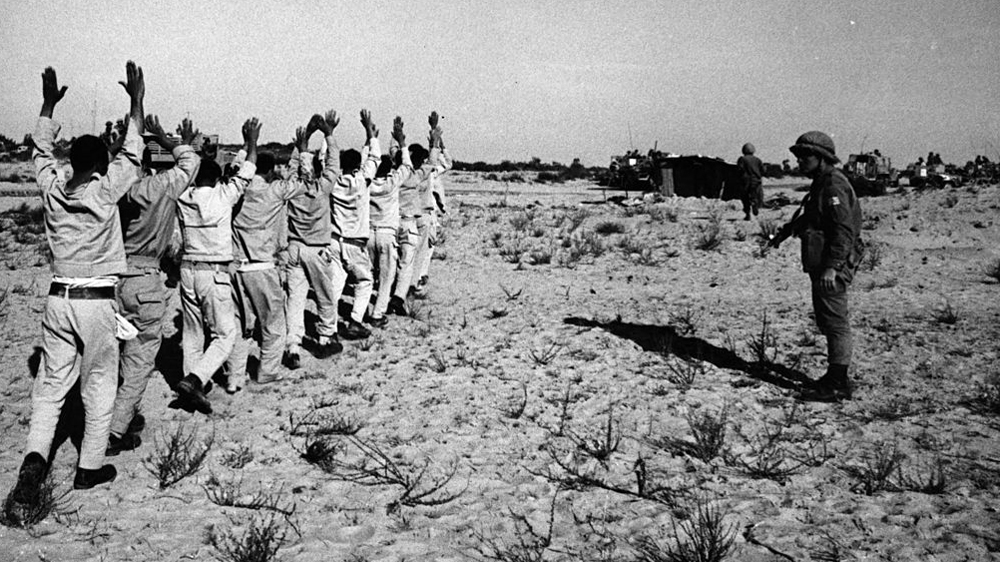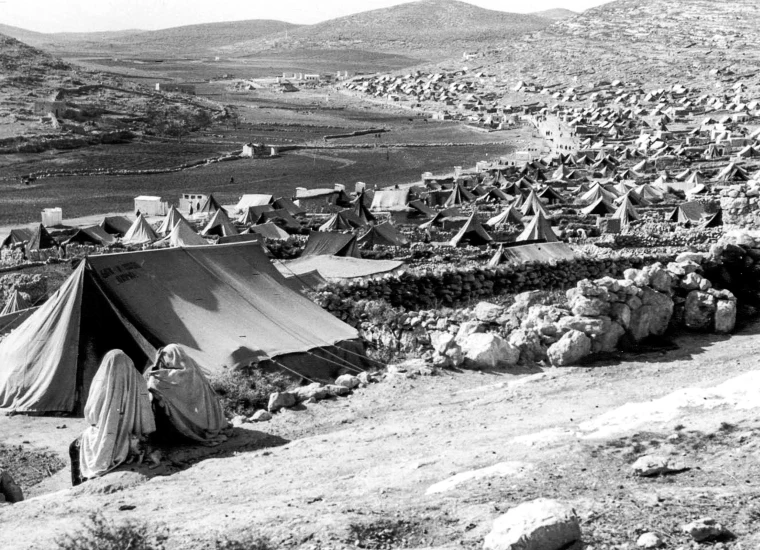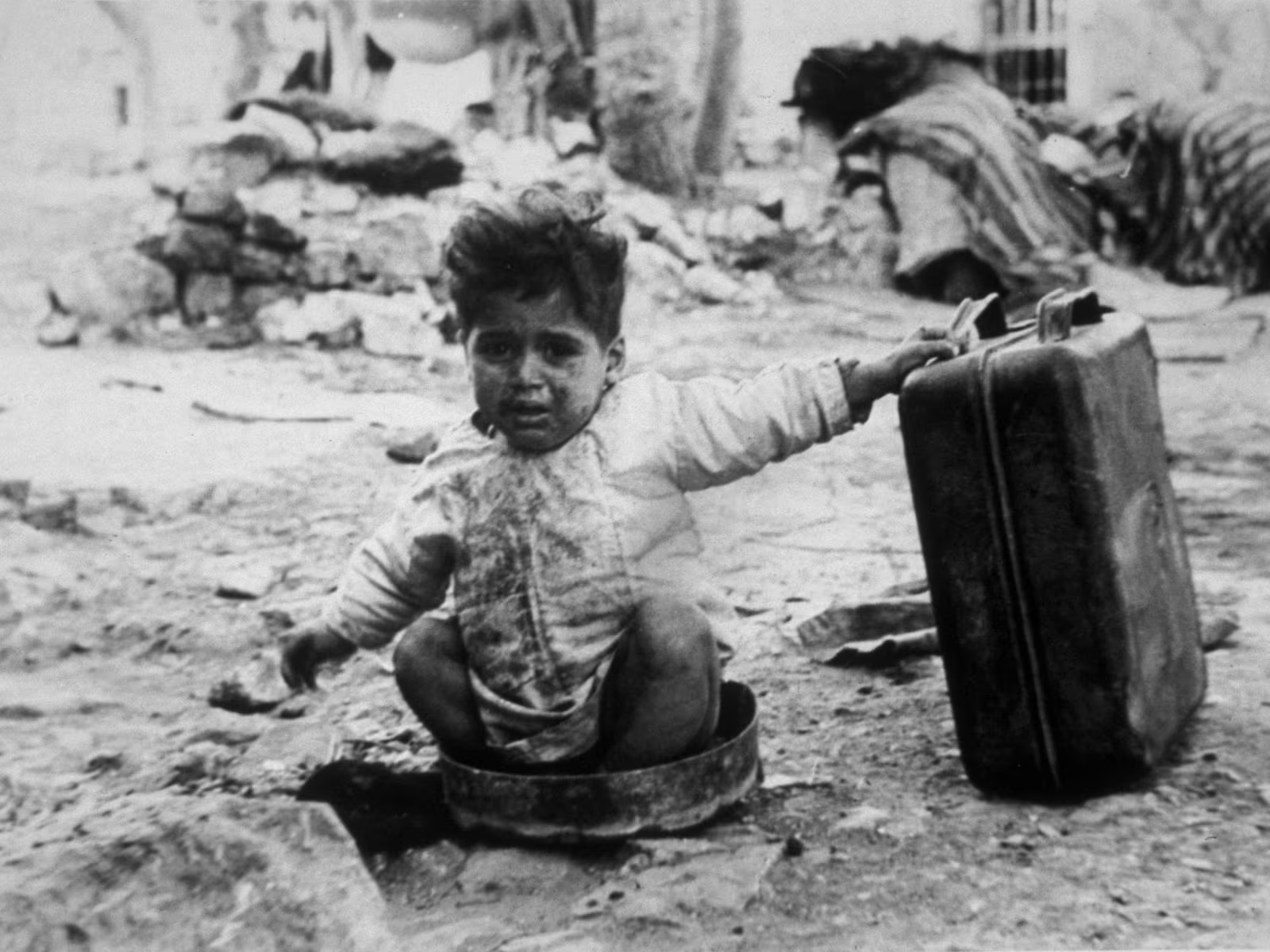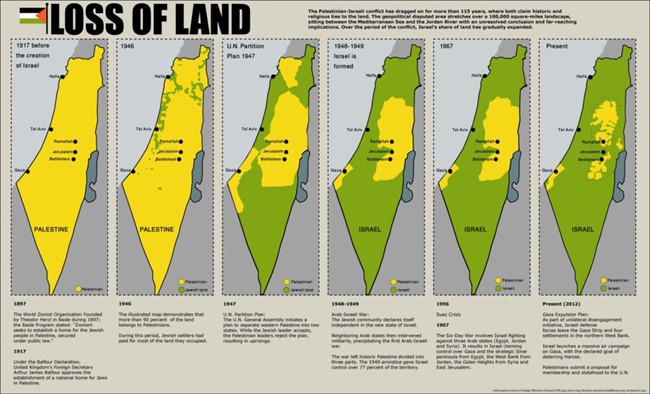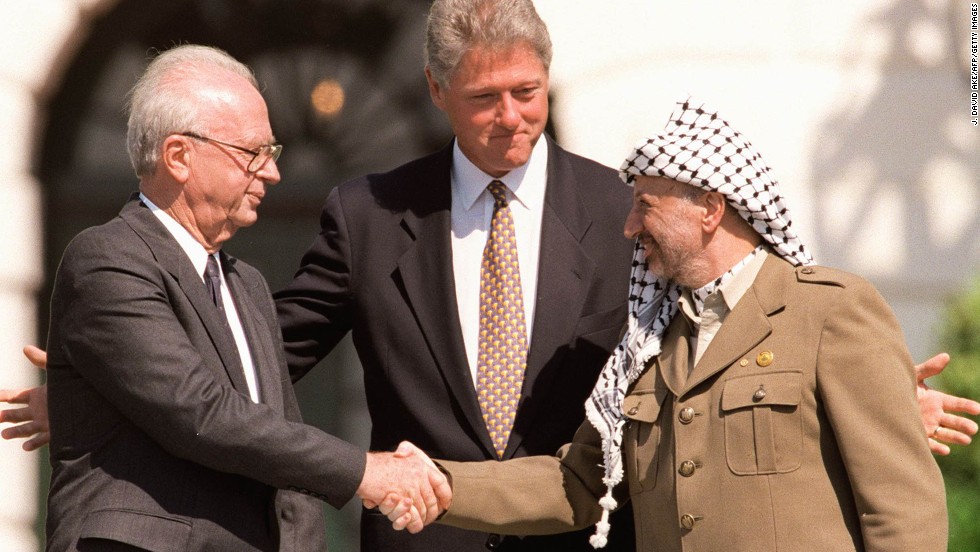The Nakba, meaning "catastrophe" in Arabic, refers to the 1948 mass displacement of Palestinians during the Arab-Israeli war. Prior to this, Palestine was a multi-ethnic society. Tensions rose in the 1930s with increased Jewish immigration, leading to the 1947 UN partition plan that proposed separate Jewish and Arab states. Palestinian villages, towns, and cities were systematically depopulated through a series of military operations and massacres by Zionist militias, following the UN Partition Plan of 1947. Israel was established in 1948, forcibly displacing over half of the Palestinian population. The exodus occurred in four stages, starting with sporadic attacks and culminating in large-scale ethnic cleansing under "Plan Dalet." By the end of the war, more than 400 villages were destroyed, and 90% of the Palestinian population in what became Israel was displaced.
As the Zionist militias expanded their control, Palestinians fled to neighboring regions such as the West Bank, Lebanon, Syria, and Egypt. Several massacres, such as those in Deir Yasin and al-Dawayima, intensified the flight of Palestinian communities. Cities like Jaffa, Haifa, and Lydda were targeted, and their populations were forcibly expelled.
Despite UN resolutions for refugee return and compensation, Palestinian rights remain unfulfilled. Today, more than 5 million Palestinian refugees continue to face displacement and dispossession due to ongoing Israeli policies. The Nakba’s anniversary recently started being commemorated by the UN as Nakba Day (May 15), symbolizes both the 1948 tragedy following the establishment of Israel, its terrorist settler-colonial practices, ethnic cleansing, and the continued struggle of Palestinians.
